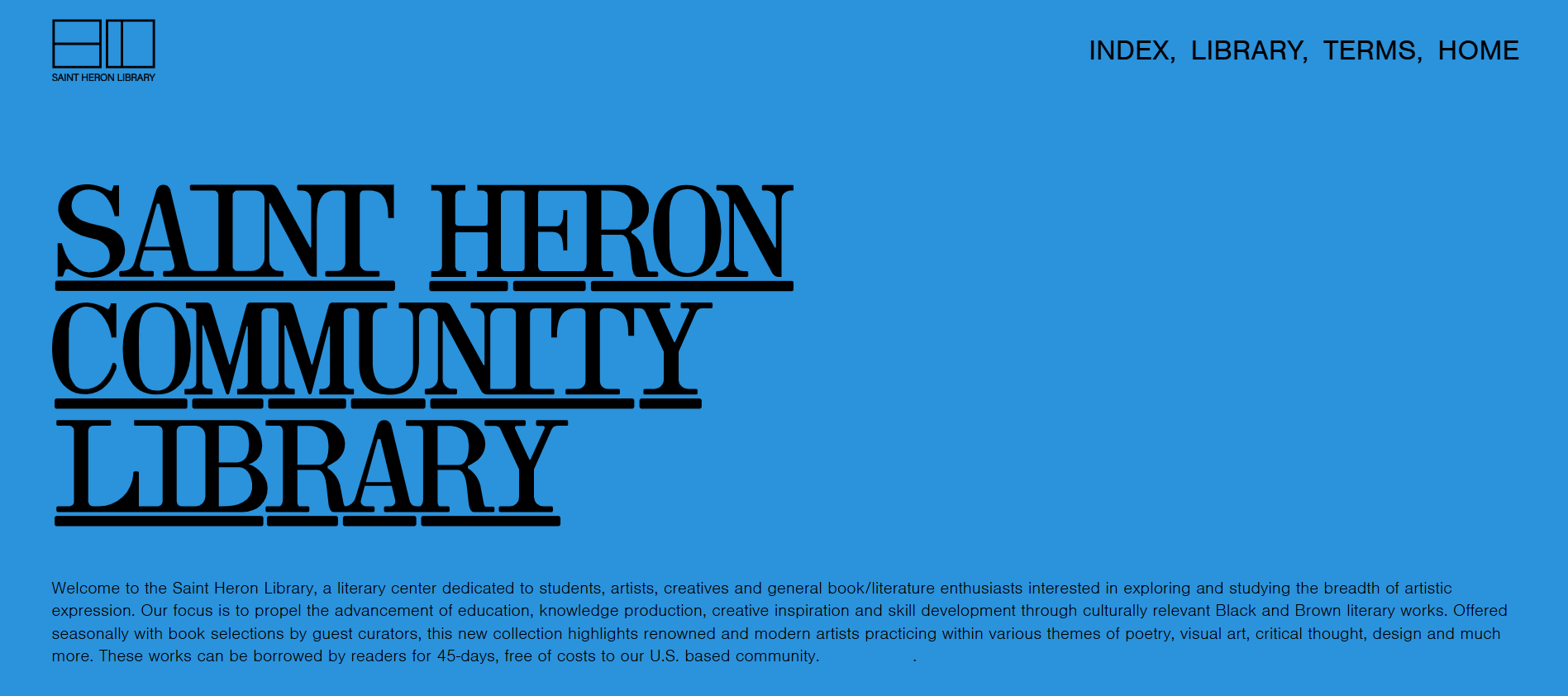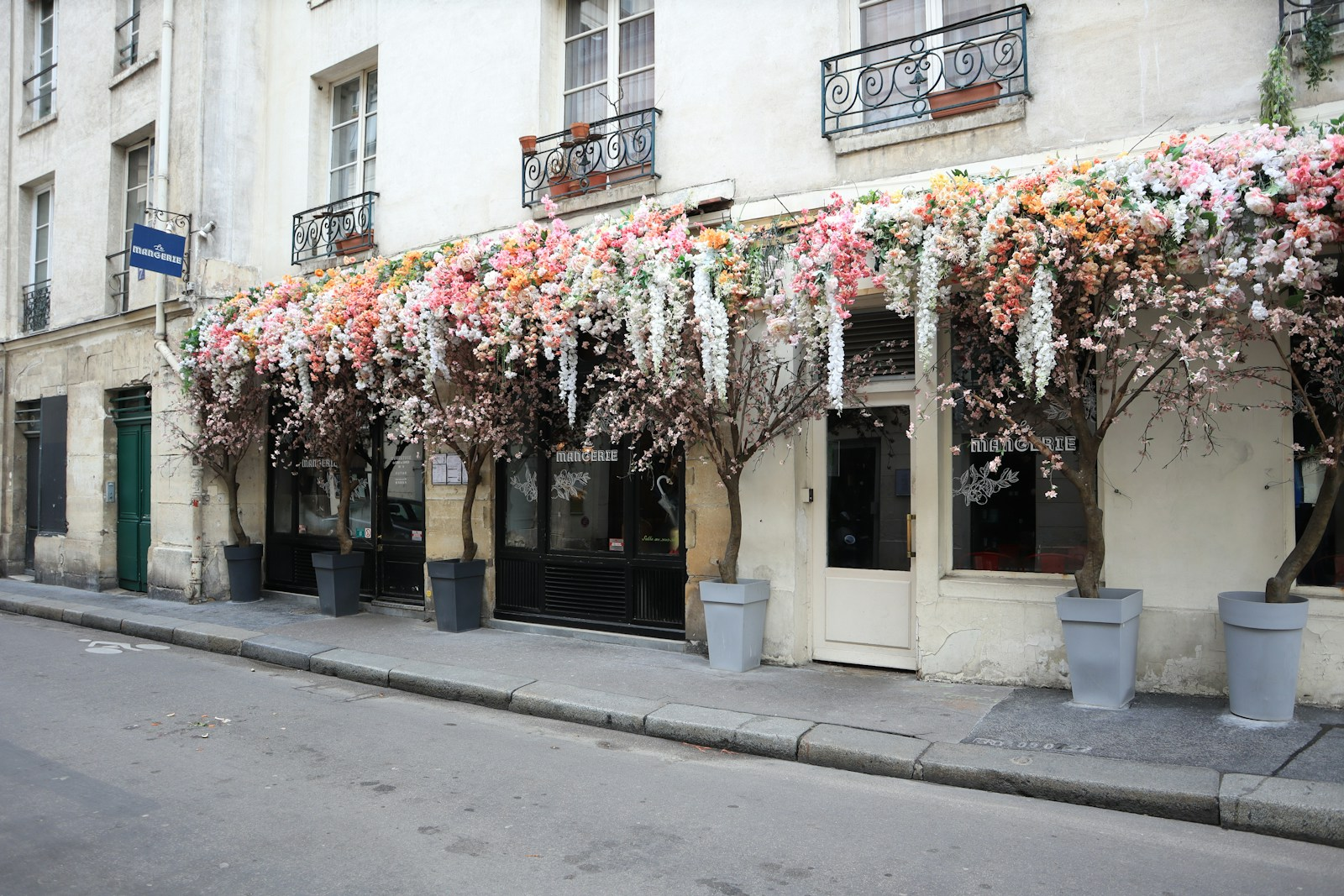Solange Knowles understands something fundamental about cultural memory: it’s not just about preservation, it’s about access. And access, historically, has been gatekept.
Enter the Saint Heron Library, her latest cultural intervention: a free digital archive and physical lending library dedicated to rare, out-of-print, and first-edition works by Black and Brown authors, poets, and artists. It’s part institutional critique, part love letter to the stories that shaped us but rarely made it onto syllabi or mainstream library shelves.

A New Chapter for Saint Heron
Since its inception, Saint Heron has operated as a kind of creative salon, championing Black innovation across art, music, and design with the curatorial eye of someone who’s studied the canon and decided to expand it. The Saint Heron Library feels like a natural evolution of that mission, a tangible way to circulate knowledge that’s often trapped in private collections or priced out of reach.
The goal is threefold: preserve, circulate, celebrate. As the library’s site puts it, this is “a living and ever-growing digital archive dedicated to the preservation and celebration of our stories, histories, and artistic contributions.” It’s the kind of intentional curation that acknowledges what’s been left out and does something about it.
How the Library Works
The mechanics are refreshingly straightforward. Borrow one title at a time for 45 days. All shipping covered. No late fees, no bureaucracy. Just books, zines, and exhibition catalogs chosen for their rarity and cultural weight, circulating on an honor system.
It’s open to anyone in the U.S., and the ethos is decidedly anti-elitist. By eliminating cost barriers and logistical friction, Saint Heron is making a quiet but radical statement: these texts belong to the community, not just collectors or institutions.
Building a Living Digital Archive
Saint Heron Library is an active, breathing resource. Researchers mining primary sources. Artists seeking lineage. Readers discovering voices that never made it to the bookstore chains. The library is designed to grow, with plans for expanded titles and collaborative programming that will deepen its role as a site of cultural exchange.
What’s Next
The Saint Heron Library is already resonating as more than just a book-lending service. It’s a statement about who gets to hold culture, who gets to define legacy, and how we build continuity across generations.
As censorship in the name of “togetherness” spreads, the urgency of resources is as important as ever.





